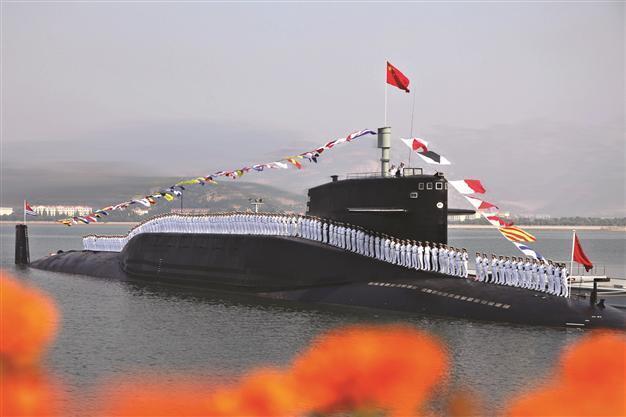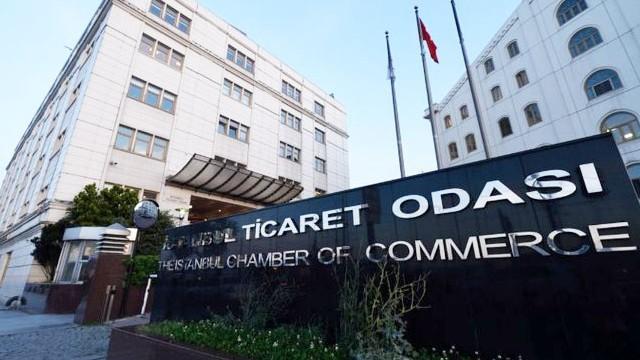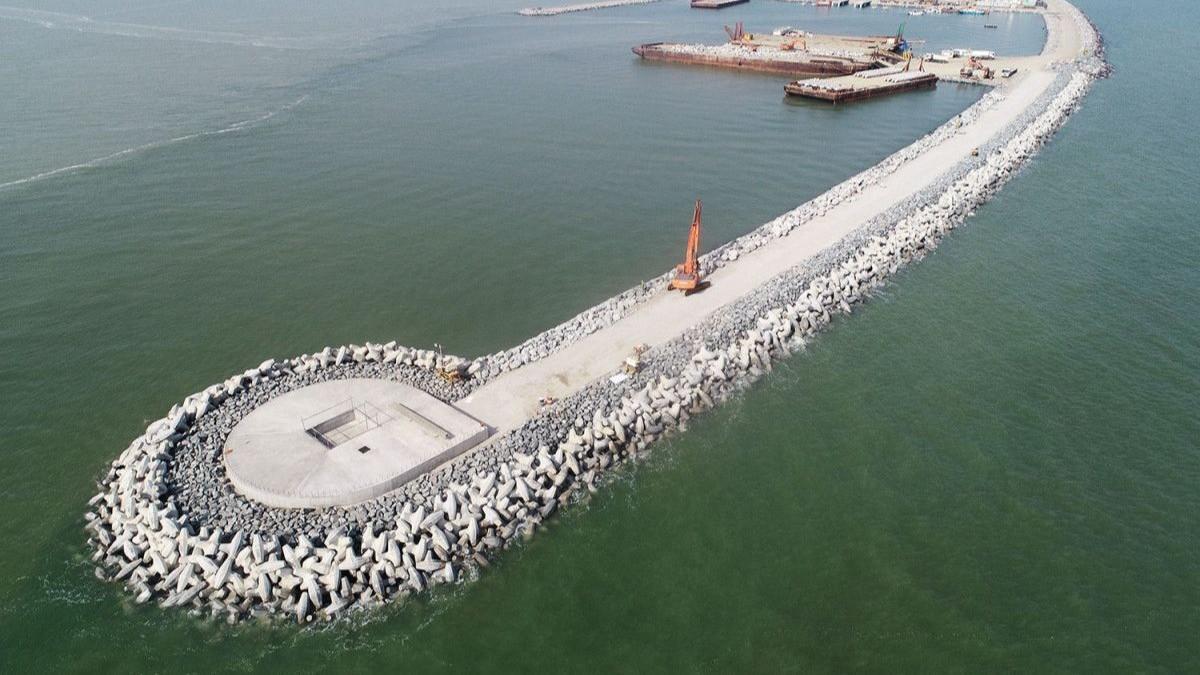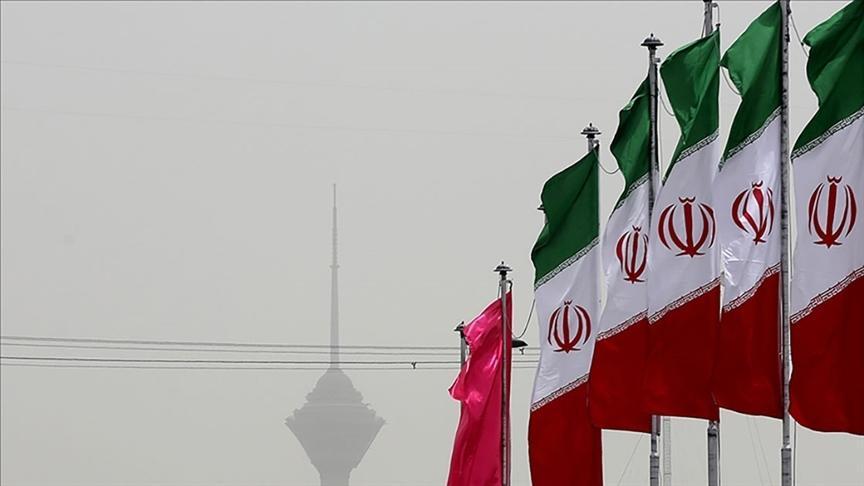China jeopardizing peace in island row: Japan
TOKYO - Agence France-Presse

Beijing has put its nuclear-powered submarine fleet on public display, with state media on October 29, 2013 touting the move as unprecedented and necessary to show other countries China's strike capabilities as territorial tensions mount. AFP Photo
Beijing is jeopardizing peace in a row with Tokyo over disputed islands, Japan's defence minister said Tuesday, days after China warned that any bid to shoot down its drones would constitute "an act of war".Itsunori Onodera's comments are likely to further heighten fears that the two countries could be sliding towards conflict over the outcrops in the East China Sea. They come as China showed off its fleet of nuclear-powered submarines and as Japan readies for war games.
"I believe the intrusions by China in the territorial waters around the Senkaku islands fall in the 'grey zone' (between) peacetime and an emergency situation," Onodera told reporters in Tokyo.
The two sides have been at loggerheads over the island chain, which China claims and calls the Diaoyus, since Tokyo bought three of them from their private Japanese owner in September 2012.
But the comments from Onodera, following those from China's defence ministry at the weekend, appear to have taken the verbal fisticuffs to a new level.
On Tuesday two Chinese navy frigates sailed between two Okinawan islands, just outside Japanese territorial waters, according to Kyodo news agency.
The ships spent about four hours in the area, at one point apparently heading for the Senkakus but then changing course, it quoted Japan's defence ministry as saying.
On Monday China's coastguard sent four vessels into the waters around the islands, where they stayed for two hours, shadowed by their Japanese counterparts.
That came after three consecutive days in which Tokyo scrambled jets to meet Chinese aircraft as they traversed a strait leading to the Pacific. They did not enter Japanese airspace.
"They were two early-warning aircraft and two bombers," Onodera told reporters on Tuesday.
"It was unusual that so many aircraft flew between the Okinawan main island and Miyako island. We consider that it is also very unusual that it occurred for three days in a row.
"We understand that it is one of the trends showing that China is now vigorously expanding its areas of activities, including into the open ocean." Last week it was reported that popular Prime Minister Shinzo Abe had given the green light to plans to fire on any unmanned aircraft that did not heed warnings to leave Japanese airspace.
The report came after an officially unidentified drone was logged on a trajectory towards southern Japan. Privately, policymakers said there was no doubt it had been Chinese.
China's defence ministry said on Saturday that any Japanese firing on its aircraft "would constitute a serious provocation, an act of war of sorts" and vowed "firm countermeasures".
On Tuesday Chinese foreign ministry spokeswoman Hua Chunying told reporters Japan should "stop hyping up the external threat theory and elaborate to the international community the true intent of (its) military buildup".
Akira Kato, professor of defence and security at Obirin University in Tokyo, said the two sides appeared to be painting themselves into a corner, and without a diplomatic channel of communication, things could only get worse.
"Since China is unlikely to tone down its stance, tensions are likely to increase further," he said.
"For Tokyo, the Japan-US security alliance is the fallback," he said, referring to the security pact under which the United States must come to Japan's aid if it is attacked.
"The case will be a crucial test to see if the alliance can function." The rhetoric from Japan on Tuesday came as Beijing put its nuclear submarines on display, with state media touting the move as unprecedented and necessary to show other countries the full extent of China's strike capabilities.
Tokyo announced last week that it was planning a huge drill on an island hundreds of kilometres away from the disputed archipelago, starting Friday and intended to sharpen the skills of 34,000 troops in defending -- and retaking -- distant territory.
The recent manoeuvres are the latest in a long line of actions and reactions in the bitter scrap with China, which is putatively about the uninhabited islands but is fuelled by historical animosities and nationalism.
Japan says it incorporated previously unclaimed islands in 1895. China says it has owned them for hundreds of years and their 19th century annexation by Japan heralded the start of expansionist imperialism that culminated in World War II.
















